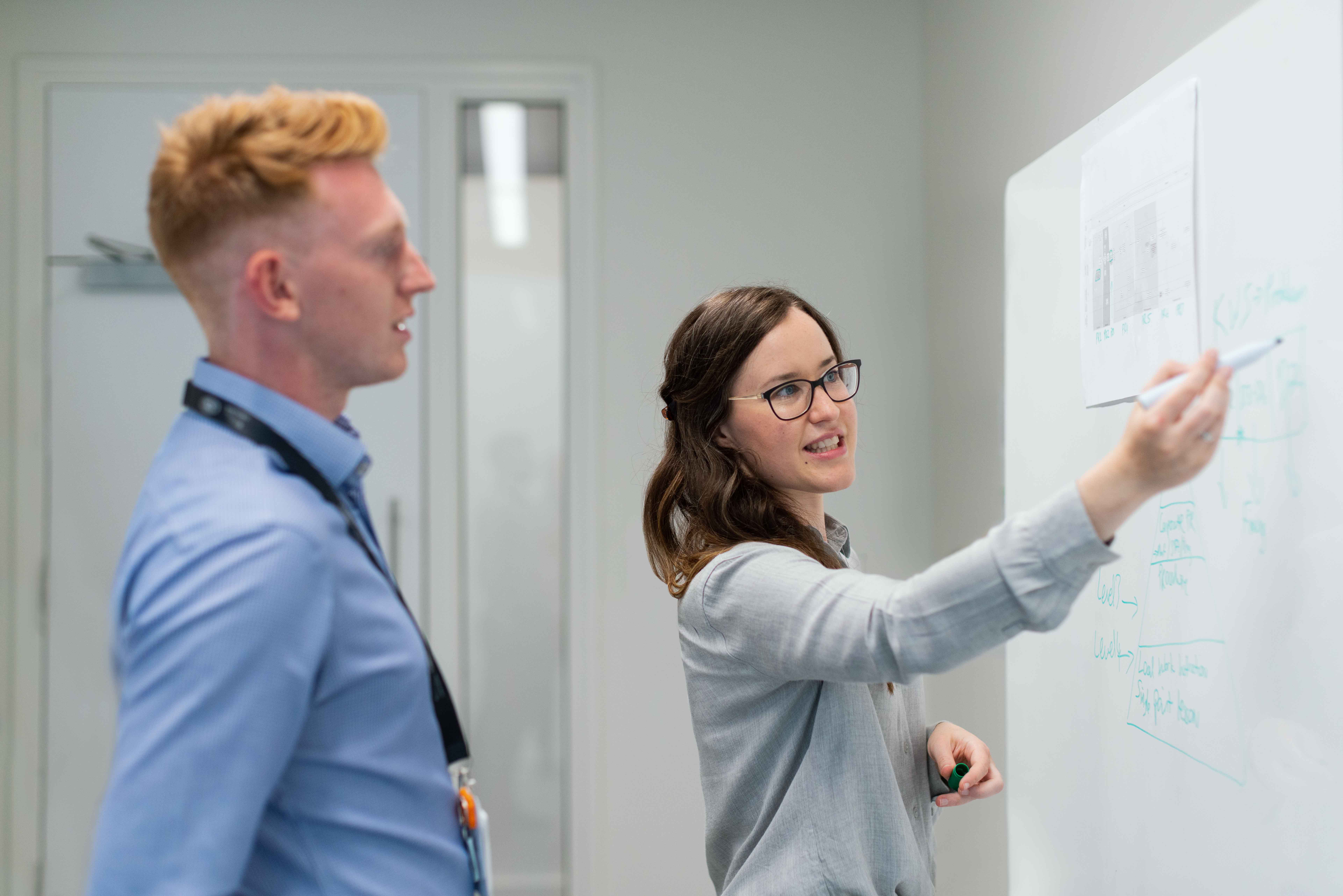
Medication reconciliation is the process of comparing a patient’s medication orders with all of the medications that the patient has been taking prior to admission to the hospital. This is done to avoid medication errors such as omissions, duplications, dosing errors, or drug–drug interactions. This activity is undertaken because the Joint Commission as of 2013 has mandated it as a National Patient Safety Goal. Med-Rec is mostly done in the ER department the point at which the patient first encounters with the hospital System. In Most ER departments across the nation Pharmacy Technicians are the champions assigned to complete the Med-Rec process. In my Hospital we currently have four Med-Rec Pharmacy technicians and they do an awesome job in reconciling patient home medications with hospital ordered medications. Many studies have shown that Pharmacy technician are uniquely qualified to lead interdisciplinary efforts to establish and maintain an effective medication reconciliation process in hospitals and across health systems and should assume key roles in the essential components of medication reconciliation. Because of their crucial role, pharmacy technicians share accountability with other hospital and health-system professionals for the ongoing success of medication reconciliation processes across the continuum of care.
Medication reconciliation process comprises 5 steps which are performed by different elements within the continuum of care:
- Develop a list of current medications.
- Develop a list of medications to be ordered/prescribed by the admitting physician.
- Compare the medications on the 2 lists.
- Make clinical decisions based on the comparison.
- Communicate the new list to appropriate caregivers and the Pharmacist.
The process undertaken by the pharmacy technician begins with an interview with the patient to ask about their home medications. The medication list to be complete and useful to the physicians, it should include the drug, dose, frequency, and any special circumstances under which the drug is taken. In addition, it is important that OTC products and supplements be included wherever possible. Many patients come to the ED with medication lists and/or bags of medication vials. Experience has shown that these lists and med vials may be incomplete, out of date, or not representative of actual medication-taking schedules and habits. It is often necessary for the technician to call several sources to gather the information required. Calls have been made to pharmacies, offices of primary care physicians and specialists, nursing and assisted living facilities, and other hospitals and health care providers. With the data collected, the technician enters the information into the health care system which then provides the information to all caregivers with access to that patient information. It is important to recognize that all of the work performed by the medication reconciliation pharmacy technician must be reviewed at several levels. These should include ED doctors, admitting doctors, and unit-based Pharmacists who review all medication summaries.
Medication Reconciliation Training
This is why appropriate training is so imperative. Most pharmacy technicians that obtain medication histories undergo training programs.
These programs consist of an initial didactic portion, which includes assessment of drug knowledge via a Top 200 list and/or CPhT (Certified Pharmacy Technician) achievement through the PTCB (Pharmacy Technician Certification Board).
An experiential component follows the didactic portion. This consists of shadowing and then supervised medication history work.
The process of Medication reconciliation is pretty rigorous. But you can see how if we aren’t obtaining an accurate and thorough list on the front end of a hospital admission, errors can be propagated all the way through to a PCP follow up appointment after discharge. Long story short medication reconciliation is a very important step in medication safety and the overall patient health outcome and Pharmacy technicians play integral role KUDOs to all of you guys out there. There is a lot of med-reconciliation pharmacy technician job opening in most job search boards and this is great opportunity for those looking expand their roles as certified pharmacy technicians to pursue. The field is newly emerging specialty in most hospitals for pharmacy technicians and most hospitals are starting realize the value of pharmacy technicians in the ED in promoting medication safety in performing medication reconciliation. In conclusion The American Society of Health-System Pharmacists (ASHP) believes that an effective process for medication reconciliation reduces medication errors and supports safe medication use by patients. ASHP encourages hospitals and health systems, including community-based providers and managed care systems, to collaborate in organized, multidisciplinary medication reconciliation programs to promote continuity of patient care. I truly believe it is exciting moment for pharmacy technicians who are ready to venture into new opportunities in the field of Pharmacy to become Med-Rec champion in their hospital.
